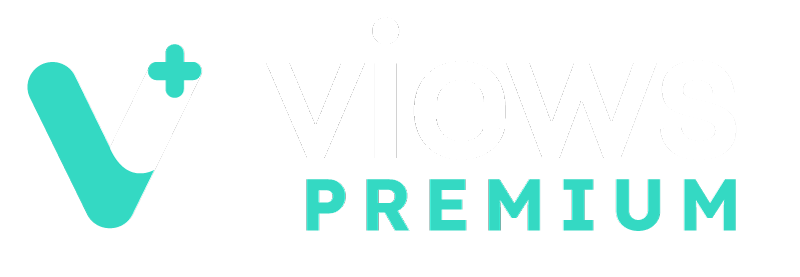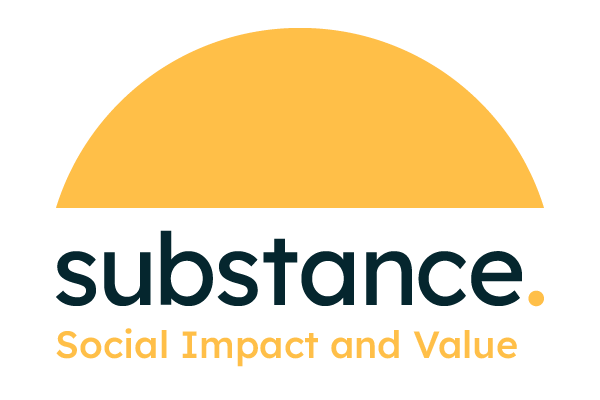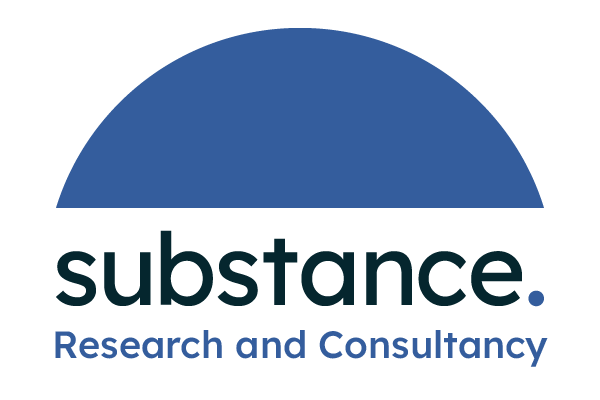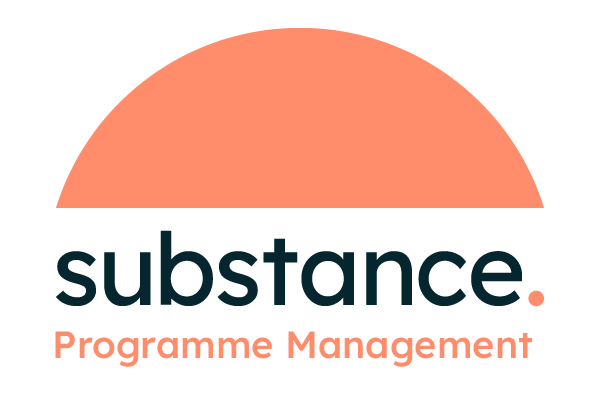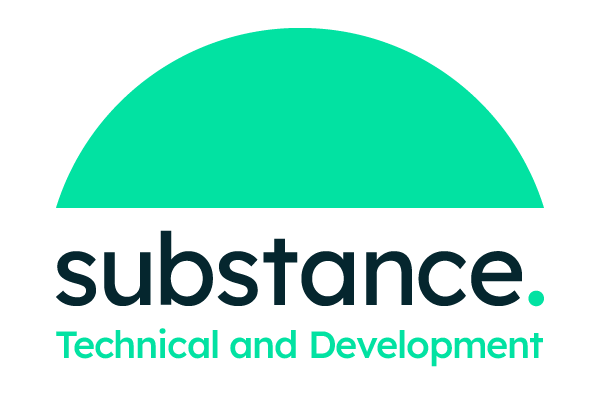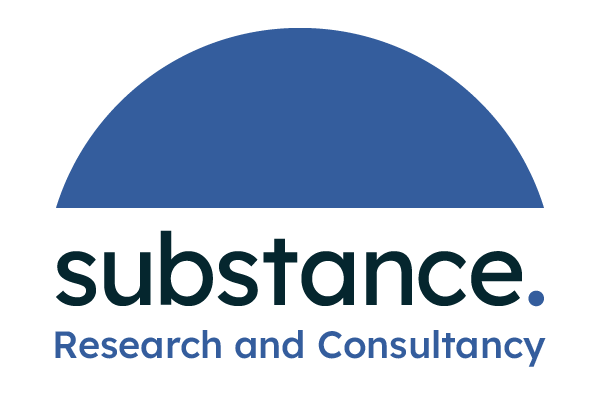
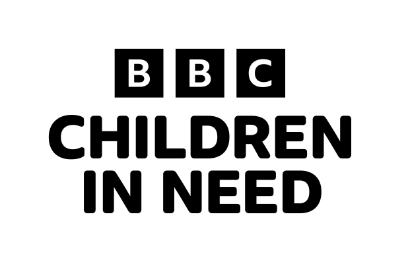
Overview
The Curiosity Programme[1] aims to deliver youth outcomes via the use of informal science learning (ISL), and engages with children and young people around the UK experiencing disadvantage. Substance and Graphic Science were commissioned by BBC CiN to evaluate the programme, to better understand the unique role of ISL in achieving positive impacts for young people. 25 projects were funded, and the evaluation was designed to measure impacts on a programme and project level. Substance led on the mixed-methods approach, which included:
Quantitative surveys:
A pre-post survey approach was developed that could be tailored to each projects specific outcomes
Qualitative tools:
A suite of easy to use and effective qualitative tool guides were produced that enabled projects to collect their own qualitative data. Supported by the evaluation team, this allowed additional evidence of impact to be provided and upskilled delivery staff to collect impact data and provide Youth Voice.
Case studies:
Project case studies were produced each year to generate deeper understanding of the project and the role of ISL in its delivery. This included approaches such as interviews with staff or young people, session observations, co-designed focus groups with young people, or peer researcher methodologies.
Throughout the course of the evaluation, the quantity and quality of data generated by projects improved year on year. The evaluation team were able to demonstrate areas of improvement with statistical significance against the BBC CiN’s Difference Framework. This, coupled with the rich qualitative data collected helped demonstrate the positive impact Curiosity projects have on the young people they engage with and the importance of ISL as a youth engagement tool.
[1] https://www.bbcchildreninneed.co.uk/grants/curiosity/
• Theory of Change
• Impact frameworks
• Impact tool development
• Data analysis (statistical, exploratory, descriptive) and visualisation
• Data upload portals and storage sites/dashboards
• Social media tracking (e.g., Social Servers)
• Focus Groups (face-to-face and online)
• Participant observation
• Digital platforms and safe spaces – NING
• Youth Voice research
• Building evaluative capacity (e.g., reflective practice, sensemaking, communities of practice)
• Qualitative (content, thematic) using NVivo and other tools
• Infographic reports and other data visualisation
• Evaluative film output contribution


